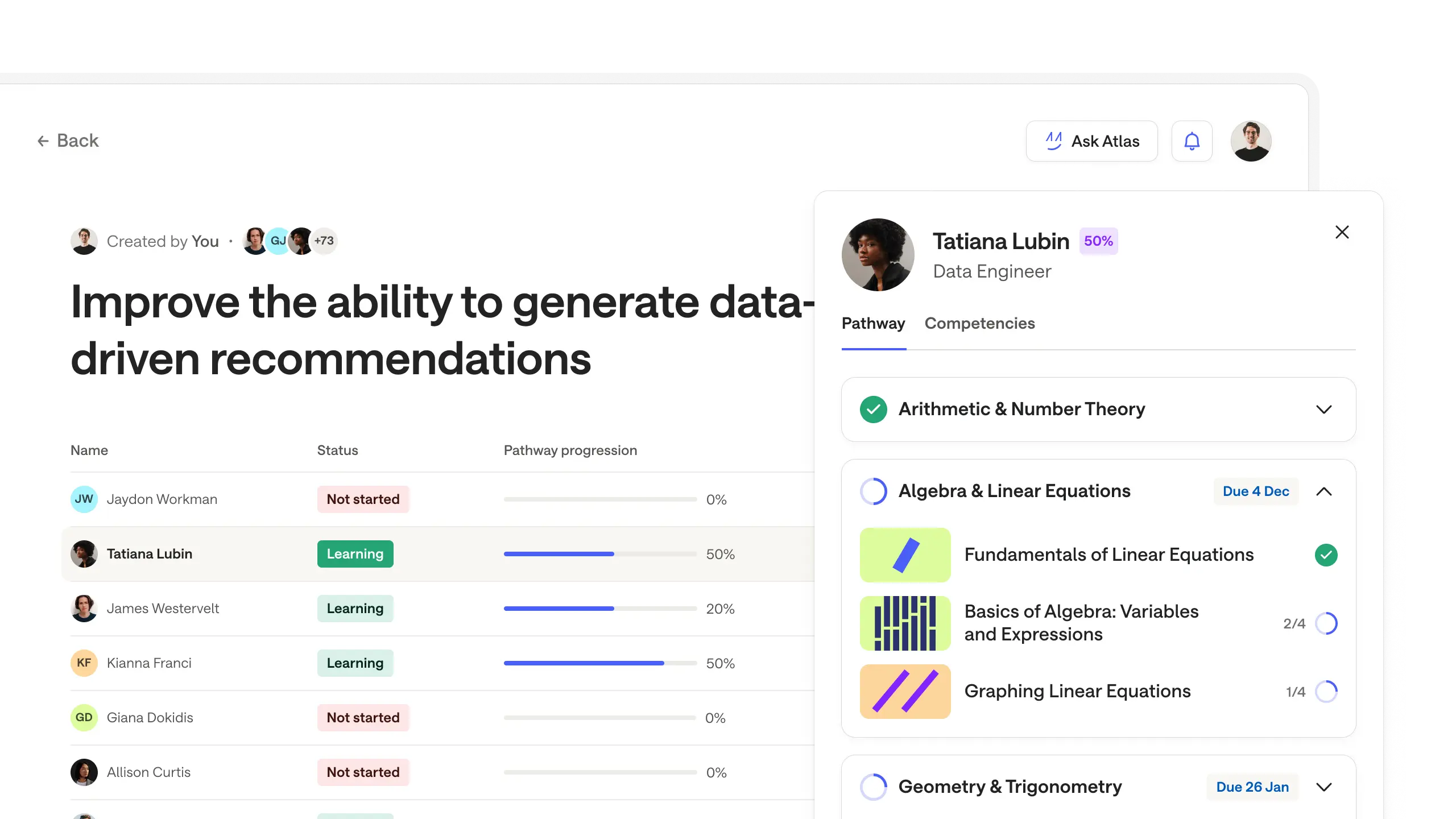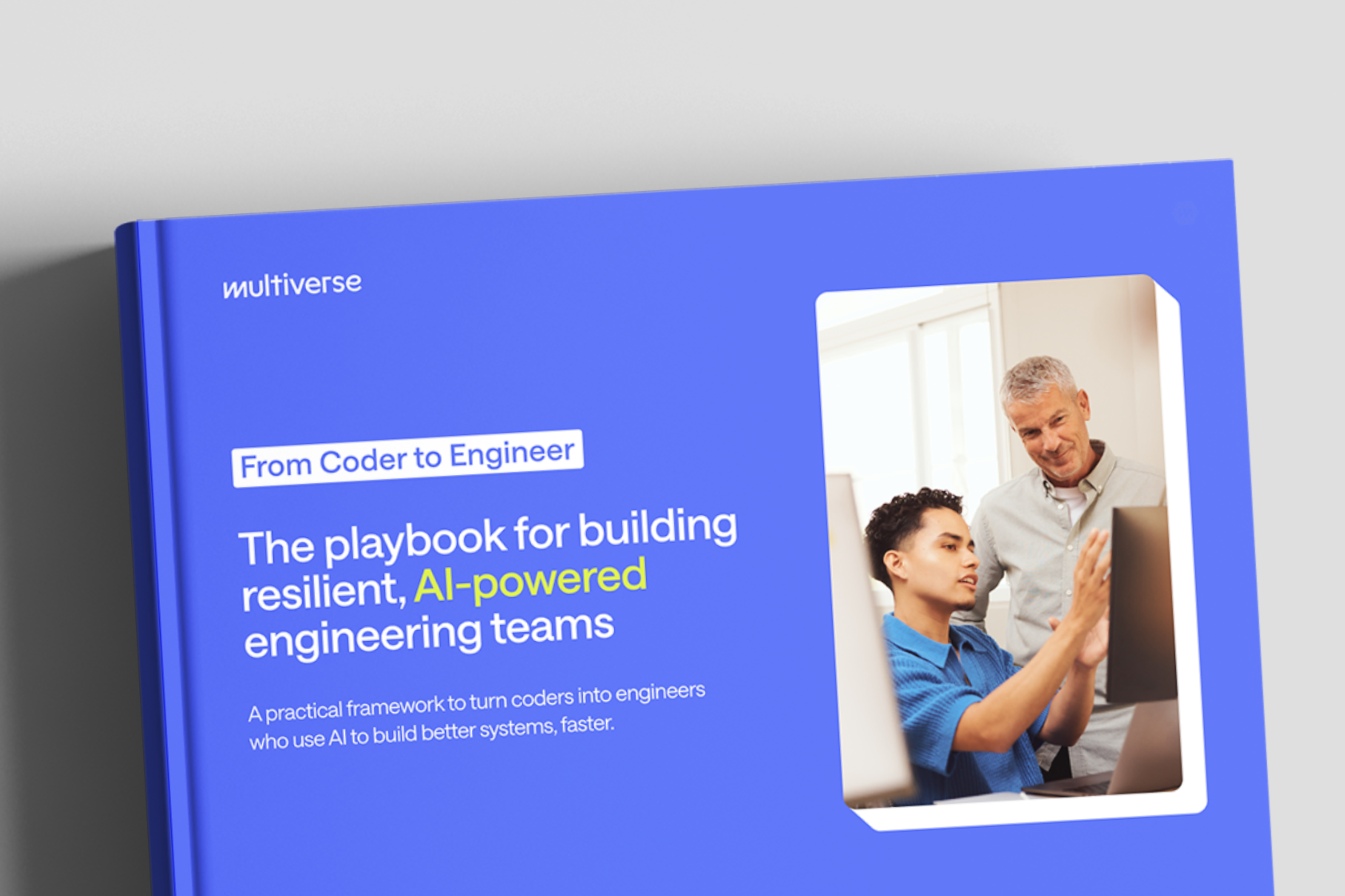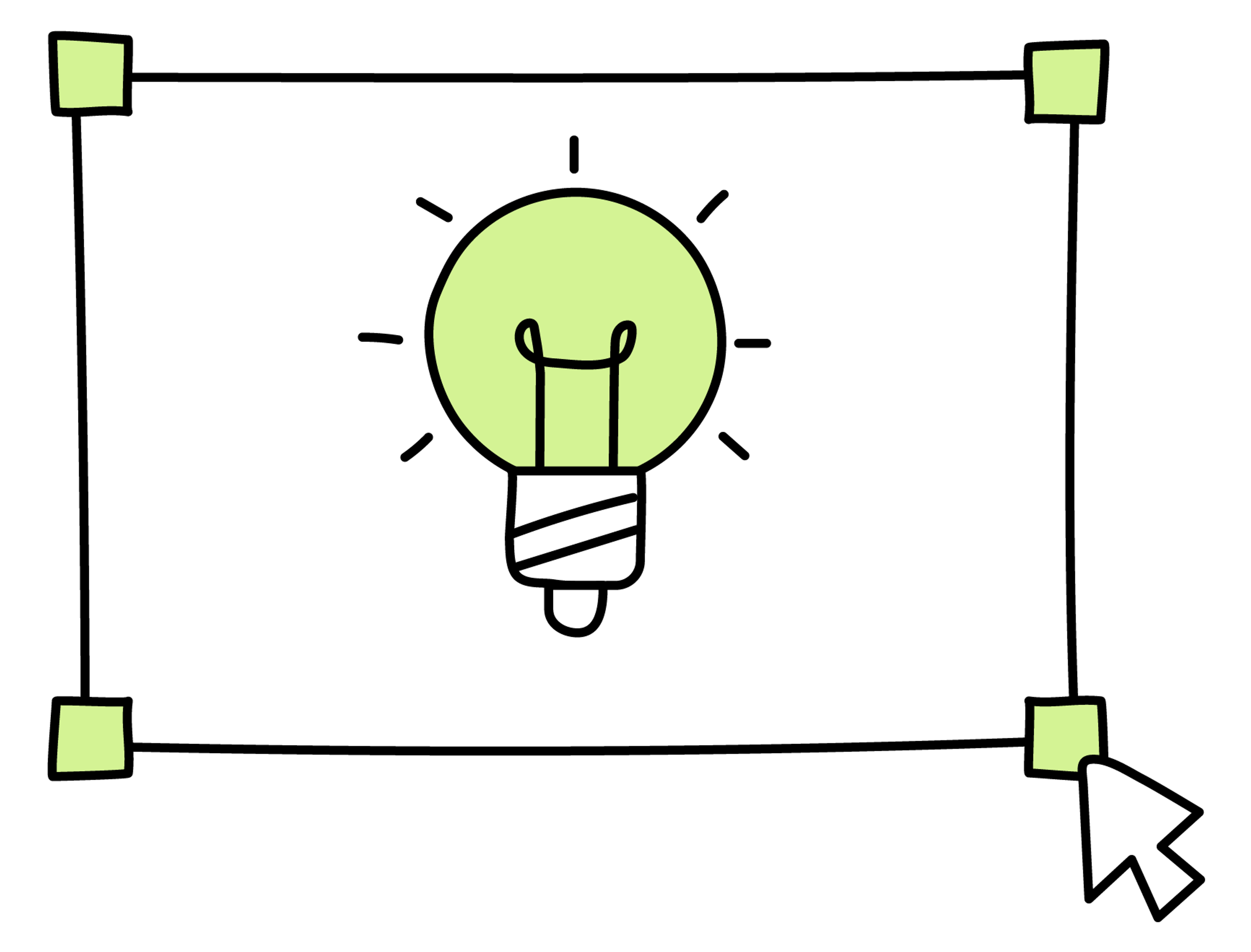In early educational research, the theory of behaviourism was highly influential in understanding how people learn. One prominent psychologist who promoted behaviourism, was B.F. Skinner. He believed that learners must be actively engaged and rewarded immediately to reinforce their activity. One of his most famous experiments was using this type of “reward learning” to teach pigeons how to play ping pong. However, can we reliably compare human learning behaviour to pigeons?
Rest assured, as humans, our learning capabilities extend beyond those of pigeons. Behaviourists assume that the best learning is when teachers or instructors take control over the learning process, actively reinforcing learners in order to get desirable learning outcomes. Although we can learn a lot from this approach, the “carrot on a stick” notion of reward learning is not holistic. What about the past experiences learners have? What agency do they have to shape their own experience?
Zoom into modern day, education has shifted from an era of teachers being a “Sage on the stage” to a “guide on the side”. This shift has been powered by the increasing popularity of Constructivism. Constructivists believe that learning is an active process where individuals construct new knowledge based on their prior experiences and interactions with the environment. This approach emphasises the importance of hands-on experiences, social interactions, and reflection in the learning process. Constructivist theory suggests that learners build their understanding through exploration, problem-solving, and collaboration rather than passively receiving information.
When we look at learning through the lens of constructivism, we want to maximise opportunities where learners build their own understanding, and a truly powerful way to do this is through social interaction.
“Social learning can be defined as joining with others to make sense of and create new ideas.” - (Bingham and Conner, 2015)
Social learning can happen casually when you have a conversation with someone, or it can happen during a structured group learning exercise. Where and when people learn socially can vary. At Multiverse, we use four research-backed strategies to drive collaborative learning in our programmes. These four engines are presence, inclusion, accountability, and reliance.
Presence
Presence helps learners feel like they are part of a community and are able to interact with each other while focusing on a similar goal. The feeling of presence in our programs is often facilitated through two key strategies:
- Cohort-based Learning: Learners are grouped together in cohorts, allowing them to form bonds, support each other, and collaborate on various learning activities. Cohorts provide a structured environment for learners to engage with peers who share similar interests and goals.
- Group Coaching: Through group coaching sessions, learners receive guidance and support from experienced coaches. These sessions not only provide valuable insights and knowledge but also encourage interaction and collaboration among learners within the group.
Inclusion
Inclusion is another important aspect of our collaborative learning approach, aimed at fostering a healthy culture and promoting psychological safety among learners.
- Multiverse community: Multiverse apprentices get lifelong membership to a global community of professionals who are taking their careers to the next level. This community experience plays a vital role in providing a supportive and inclusive environment where learners feel valued, respected, and encouraged to share their ideas and perspectives without fear of judgement. With a mix of career support, development opportunities and exclusive events, apprentices can find forums and groups of like minded individuals who share similar interests and passions.
Accountability
Accountability is essential for ensuring that learners take ownership of their learning journey and are responsible for achieving specific outcomes. To instil a sense of accountability, we often incorporate the following mechanisms:
- Progress Reviews: We invite coaches, apprentices and their managers to take part in regular reviews of apprentice progress to help track their development and identify areas for improvement. These reviews provide valuable feedback and guidance to learners, helping them stay on track and motivated to reach their goals.
- Project Feedback: As Applied Learning is core to our apprenticeship model, at Multiverse we use a mix of coach, peer and AI feedback to provide timely feedback to apprentices who are applying new skills in their role and driving business impact as a result. Our feedback mechanisms foster a culture of continuous learning and help learners to gain new perspectives to improve their skills.
Reliance
Reliance is a key strategy used to reinforce the importance of teamwork and collaboration among learners. By encouraging learners to rely on each other for support and success, we promote a culture of interconnectedness and mutual trust. How reliance is embedded can vary by programme but two key examples are:
- Hackathons - Participating in hackathons challenges learners to work together on innovative projects, collaborate on problem-solving, and showcase their collective skills and abilities. This helps apprentices build their confidence by simulating work-based projects that they may have to tackle in their current or future roles.
- Learning Pods - Learning pods are small groups of learners who work together on specific projects or learning activities. These pods encourage learners to share knowledge, support each other, and collaborate towards achieving common goals, enhancing the overall learning experience.
Want to learn more about social learning methodologies? We recommend reading:
- Brown, J. S., Collins, A., & Duguid, P. (1989). Situated cognition and the culture of learning. Educational Researcher, 18(1), 32–42.
- Garrison, D. R., Anderson, T., & Archer, W. (2000). Critical inquiry in a text-based environment: Computer conferencing in higher education. The Internet and Higher Education, 2(2-3), 87-105. https://coi.athabascau.ca/coi-model/(opens new window)
- Hyslop-Margison, E. J., & Strobel, J. (2007). Constructivism and education: Misunderstandings and pedagogical implications. The Teacher Educator, 43, 72-86.
- Kagan, S. (2001). Kagan Structures and Learning Together: What is the Difference? Kagan Online Magazine, Summer 2001. Kagan Publishing. https://www.KaganOnline.com(opens new window)
- Vygotsky, L. S., & Cole, M. (1978). Mind in society: Development of higher psychological processes. Harvard University Press.
- Bingham, T., and Conner, M. (2015). The new social learning: connect. collaborate. work., 2nd Edition. ATD Press.







